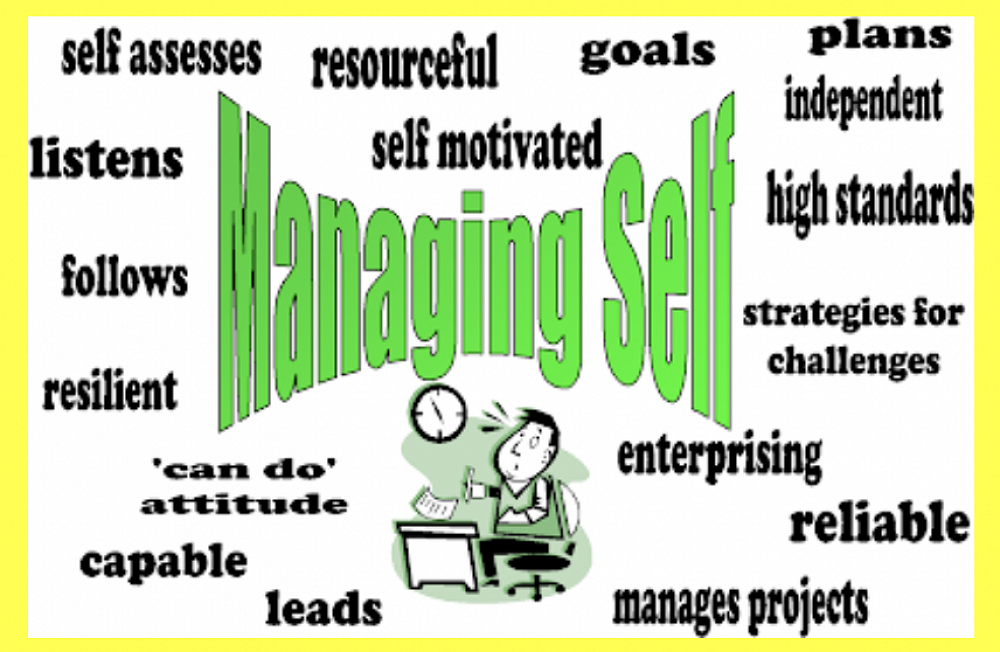
Key Competency-Managing Self
Getting stronger at managing self is a bit like learning to drive in a dual-controlled car. You’re not really a driver until you can let go of this “crutch” but it is very useful at first. It’s the same for learning. If constant prompting is needed, a learner might be practising aspects of managing self, but they are not yet really self-managing.
Managing self means: being self motivated having a can-do attitude understanding yourself as a learner. For example, students are managing self when they work to complete a project by a certain deadline and to a certain standard.
Teachers encourage self-motivation when they help learners to set themselves challenging goals and work towards them. At home, children might demonstrate self-management by getting chores done without having to be repeatedly asked.
A deeper look: Students get stronger at managing self as they develop a good understanding about how they learn. They can describe how their ideas and skills are changing over time and why they think, act and respond the way they do.
Managing self is also about being willing to take learning risks, to make mistakes, try again and build up resilience as a learner. This requires focus and self-discipline because you need to think about why you haven’t succeeded and what you need to do next to try again.
It is particularly important for able students to see mistakes as learning opportunities and to understand that sometimes there is no one “right” answer. If they don’t get an early chance to become resilient learners they risk giving up when they first experience challenging learning failure later in life. The payoff for persistence and building resilience is that students get to experience what it means to be a powerful learner.
Three things to try at home
- Notice and comment when children do regular chores or homework without having to be prompted. This sends a message about the value of independent self-management.
- Talk about the challenges of learning, not just about what has been learned, and show them that you are always learning as well.
- Don’t let children make excuses when the going gets hard, or worse, make those excuses for them. For example, instead of saying, “Maths is too hard. I was useless at it and so are my kids”, try something like “Maths is really hard but we’re working at it together”.
